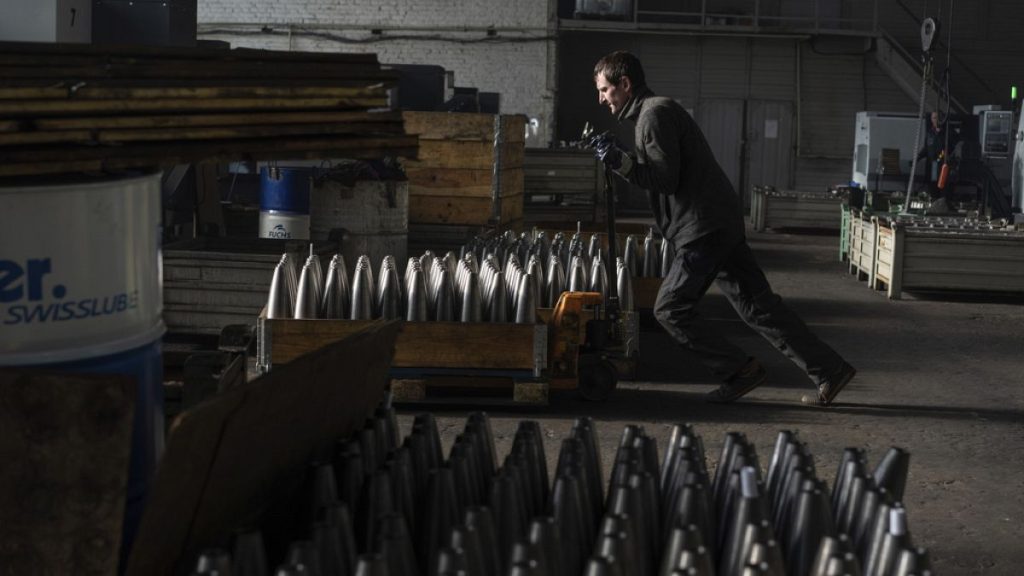The European Court of Auditors has called for a more robust design and realistic targets for the European Defence Industry Programme (EDIP), a flagship bid to bolster the EU defense industry. The program, with a budget of €1.5 billion, was proposed by the European Commission in response to Russia’s invasion of Ukraine. However, the auditors suggest that the program may not have enough funding to match its objectives and that a more balanced approach is needed. They recommended setting realistic targets by the end of 2027 and urged the Commission to consider a long-term funding strategy for defense capabilities in the next seven-year spending program starting in 2028.
European defense companies have expressed concerns about the eligibility criteria for funding under the EDIP. In a position paper sent to member states, 28 European defense companies called for EU financial support to be targeted at the domestic sector. They also suggested the creation of an emergency section within the program that could be activated during a crisis, with faster administrative procedures and shorter timelines. The industry is advocating for funding to be restricted to products where at least 65% is from within the EU, with some pushing for a higher percentage. Despite this focus on European products, the industry recognizes that member states may still procure from non-EU suppliers or collaborate with non-associated European partners like the UK.
The EU’s Luxembourg-based financial watchdog warned that the EDIP’s finances could be spread thinly across a wide range of projects with little measurable impact, emphasizing the need for a more robust policy design. They suggested setting realistic targets by 2027 and recommended a long-term funding strategy to boost defense capabilities in the next seven-year spending program. The European defense industry has expressed support for a short-term plan that can serve as a test bed for a more ambitious program after 2028. The industry is calling for an emergency section to be included in the program for crisis situations, with faster administrative processes.
The EU industry’s concerns over the eligibility criteria for funding under the EDIP have led to calls for a more focused approach targeting the domestic sector. European defense companies want funding to be restricted to products with a significant portion from within the EU, with some advocating for a higher percentage. The industry views the current percentage as a starting point for future initiatives but recognizes the importance of member states being able to procure from non-EU suppliers or collaborate with non-associated European partners. Despite these concerns, the exact criteria for funding under the program remain under review by lawmakers, and discussions among EU ambassadors on the topic have been postponed.
As the European Commission aims to bolster the EU defense industry and enhance its capabilities in response to the Russian threat, the need for a more balanced approach and realistic targets under the EDIP becomes increasingly important. The European Court of Auditors has highlighted the potential risks of spreading finances thinly across multiple projects without measurable impact and recommended a more robust policy design. The European defense industry’s position paper emphasizes the importance of targeting EU financial support at the domestic sector and creating an emergency section within the program for crisis situations. Despite differing views on the percentage of EU content required for funding, the industry recognizes the need for flexibility in procurement practices while still prioritizing European products.


